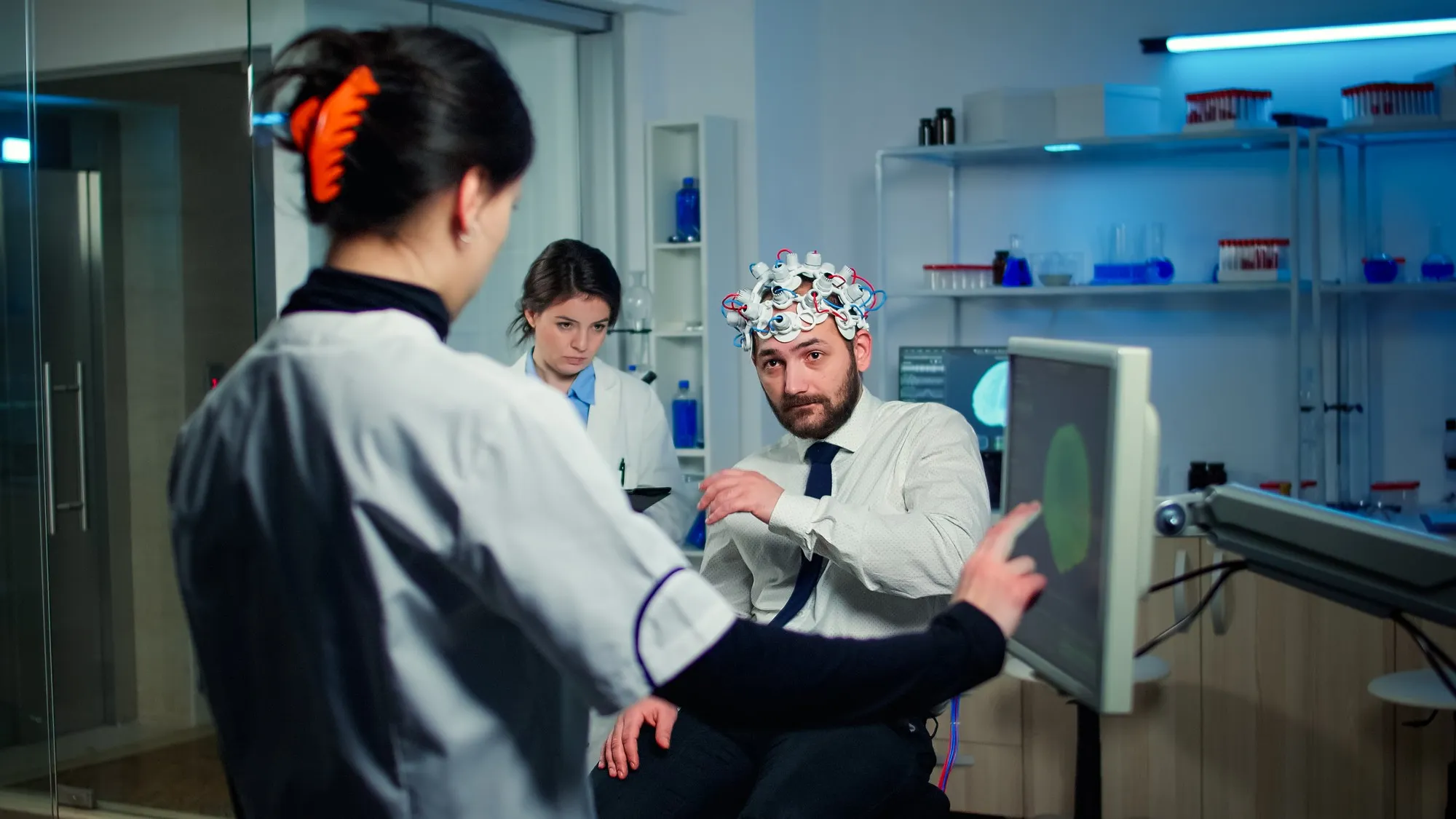The specter of cognitive decline looms large over the aging population, with subjective cognitive decline (SCD) garnering increased attention as a potential harbinger of more severe impairment and dementia. A new systematic review delves into the possibility of detecting the earliest signs of this decline through the neurodegeneration of the cholinergic system in individuals reporting subjective cognitive complaints. Published in the prestigious ‘Neuroscience and Biobehavioral Reviews’, the article titled “Degeneration of the cholinergic system in individuals with subjective cognitive decline: A systematic review” (DOI: 10.1016/j.neubiorev.2024.105534) explores this association in detail, offering crucial insights into early markers of cognitive decline and potential intervention strategies.
The review, spearheaded by a collaboration of researchers from various leading institutions such as the University Fernando Pessoa-Canarias, Stockholm University, Mayo Clinic, Czech Technical University in Prague, Karolinska Institutet, and King’s College London, has pooled data from multiple studies. Rodríguez-Hernández et al. (2024) meticulously consolidated findings from studies selected from three reputable databases—PubMed, Web of Sciences, and Scopus—during January 2023. Through a meticulous selection process, wherein two researchers independently screened the studies, a total of 11 research articles were chosen for the review.
This multi-institutional study focuses on subjective cognitive decline, which unlike clinically diagnosed cognitive issues, is based predominantly on the individual’s perception of their cognitive lapses, particularly in memory—an amnestic cognitive complaint without objective deficits on traditional cognitive tests. This subjective self-reporting is an increasingly recognized risk factor for Alzheimer’s disease and related dementias. However, one of the biggest challenges has been objectively identifying and correlating these subjective experiences with biological markers that signify the onset of degenerative processes.
In their systematic approach, Rodríguez-Hernández et al. (2024) analyzed various biomarkers of the cholinergic system, chosen for its crucial role in cognitive functions such as memory, attention, and learning. The cholinergic markers included neuroimaging markers of basal forebrain volume, which houses the basal nucleus of Meynert—a pivotal nucleus related to cognitive functions—functional connectivity measures, outcomes from transcranial magnetic stimulation protocols, and biofluid markers.
The conclusion drawn from the evidence available in the research is significant: there are degenerative changes present in the cholinergic system of individuals with SCD. More specifically, the research points to basal forebrain atrophy and poorer connectivity of the cholinergic pathways, findings that, if replicated in larger and more diverse samples, could provide a path toward intervention before the onset of significant neurodegeneration.
The underlying message of the review is that subjective complaints should not be taken lightly. They could be indicative of early brain changes associated with cognitive impairment, and, crucially, could help in identifying individuals who may derive benefits from early interventions aimed at the cholinergic system.
The implications of these findings traverse beyond the individual, bearing the potential to inform public health strategies and healthcare resource allocation. By identifying those in the earliest stages of neurodegenerative diseases, it may be possible to target cholinergic-based treatments more effectively, potentially even slowing or preventing the progression to clinically significant impairment and dementia.
The research in the review represents a step towards a more proactive and pre-emptive approach to cognitive decline—one where the subjective experience of the patient is validated and used to guide potential treatments and interventions. However, while the findings are promising, they also raise a number of questions to be addressed by future research. Identifying the precise timeline for intervention, understanding the variability in SCD experiences, and developing targeted cholinergic treatments are areas that require further exploration.
For those interested in accessing the full scope of the research, the article is available online with the following citation: Rodríguez-Hernández et al. (2024). Degeneration of the cholinergic system in individuals with subjective cognitive decline: A systematic review. ‘Neuroscience and Biobehavioral Reviews’, 157, 105534. DOI: 10.1016/j.neubiorev.2024.105534.
Keywords
1. Subjective cognitive decline
2. Cholinergic system degeneration
3. Basal forebrain atrophy
4. Early markers of cognitive impairment
5. Cholinergic-target treatments
References
1. Rodríguez-Hernández, Marta A., et al. (2024). Degeneration of the cholinergic system in individuals with subjective cognitive decline: A systematic review. ‘Neuroscience and Biobehavioral Reviews’, 157, DOI: 10.1016/j.neubiorev.2024.105534.
The effectiveness of targeting the cholinergic system in early cognitive decline holds profound implications for the future of dementia treatment and prevention. To truly unlock the potential of early detection and intervention, researchers and practitioners alike must continue to build upon this foundational work, seeking out the nuances and individual differences that define SCD and its progression. With promising leads such as those outlined by Rodríguez-Hernández et al., the medical community stands on the cusp of potentially transformative approaches to one of the greatest challenges of our aging population.
